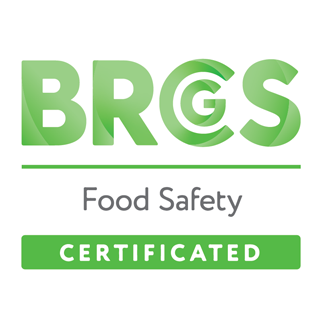



EU Code : DL 125 - DL 356 - DL 176
HK 238 - KL 752
Certifications
Our factories are listed as EU approved establishments to export fishery products to EU countries.
EU APPROVAL CODE: DL 125 – DL 356 – DL 176 – HK 238 – KL 752
We are proud that our products and processing facilities meet the following certifications:
BRC Global Standards
BRCGS is a leading brand and consumer protection organisation, used by over 28,000 certificated suppliers over 130 countries, with certification issued through a global network of accredited certification bodies. BRCGS' Standards guarantee the standardisation of quality, safety and operational criteria and ensure that manufacturers fulfil their legal obligations and provide protection for the end consumer. Certification to BRCGS' Standards is now often a fundamental requirement of leading retailers, manufacturers and food service organisations.

HACCP
The Hazard Analysis and Critical Control Point (HACCP) system, which is science based and systematic, identifies specific hazards and measures for their control to ensure the safety of food.
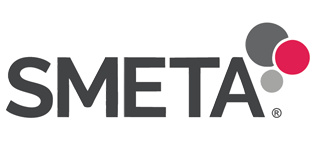
Sedex Members Ethical Trade Audit
The world's most widely used audit. Businesses use SMETA to understand and make improvements to working conditions and environmental performance in their business and supply chain.

MSC CoC
The Marine Stewardship Council (MSC) is an international non-profit organisation established to recognise and reward efforts to protect oceans and safeguard seafood supplies for the future. Blue MSC label is only applied to wild fish or seafood from fisheries that have been certified to the MSC Fisheries Standard, a science-based set of requirements for sustainable fishing.
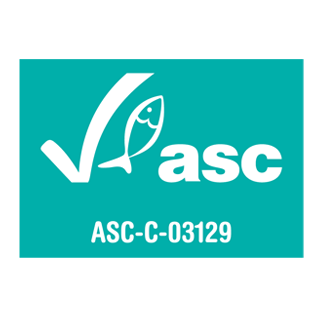
ASC CoC
Aquaculture Stewardship Council (ASC) certification assures buyers, retailers, consumers that aquaculture production conforms to the world's leading standard for responsibly farmed fish and seafood. This certification demonstrates that farmed products were raised responsibly from both environmental and social perspective.
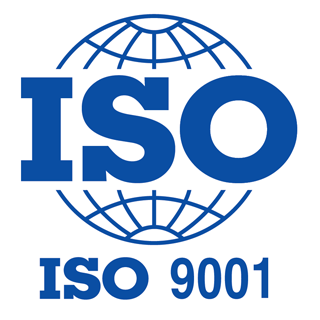
ISO 9001:2015
ISO (the International Organization for Standardization) is a worldwide federation of national standards bodies.
ISO 9001 specifies requirements for a quality management system when an organization needs to demonstrate its ability to consistently provide products and services that meet customer and applicable statutory and regulatory requirements, and aims to enhance customer satisfaction through the effective application of the system, including processes for improvement of the system and the assurance of conformity to customer and applicable statutory and regulatory requirements.
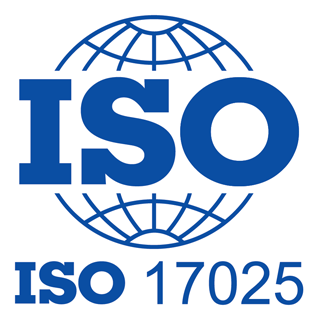
ISO 17025:2017
ISO/IEC 17025, general requirements for the competence of testing and calibration laboratories, is the international reference for testing and calibration laboratories wanting to demonstrate their capacity to deliver reliable results.
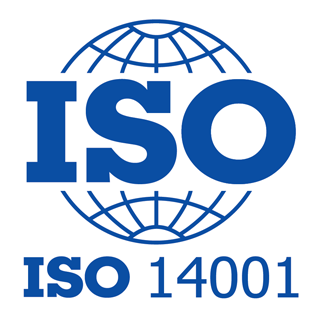
ISO 14001:2015
ISO 14001 sets out the criteria for an environmental management system, it maps out a framework that a company can follow to set up an effective environmental management system. Designed for any type of organization, regardless of its activity or sector, it can provide assurance to company management and employees as well as external stakeholders that environmental impact is being measured and improved

ISO 22000:2018
ISO 22000 specifies requirements for a food safety management system where an organization in the food chain needs to demonstrate its ability to control food safety hazards in order to ensure that food is safe at the time of human consumption.
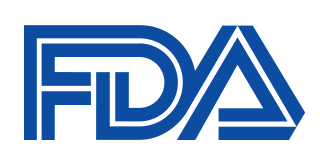
FDA
This affirms that the facility is registered with the U.S. Food and Drug Administration pursuant to the Federal Food Drug and Cosmetic Act, as amended by the Bioterrorism Act of 2002 and the FDA Food Safety Modernization Act, such registration having been verified by a U.S. Agent for FDA Communications.
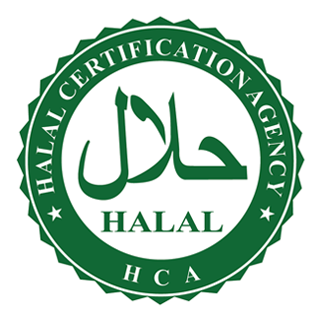
HALAL
This certification guarantees that the products are produced in accordance with Islamic Guidelines; therefore, are permitted for Muslim consumption.

